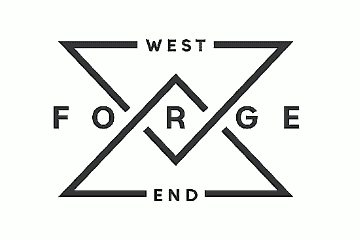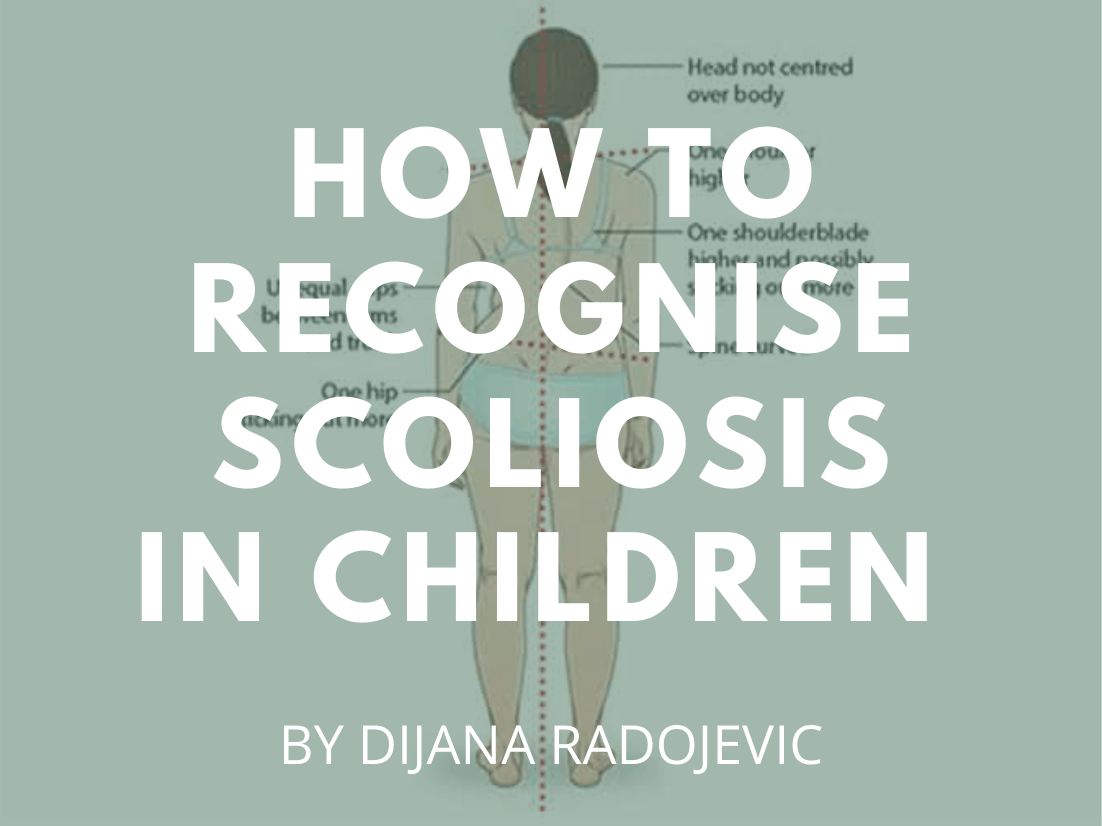What is Scoliosis?
Scoliosis is a progressive, lateral curvature of the spine. It can affect both children and adults. In children it can be a more serious condition because it can rapidly progress as the child grows. The effects of scoliosis may include poor posture, shoulder humping, muscle weakness and pain. The signs of scoliosis are not always obvious, however if detected and treated early, patients can avoid these symptoms in many cases.
3 Signs of Scoliosis
1. Changes in Posture and Appearance
The most obvious signs of Scoliosis are related to posture and symmetry of the hips, shoulders, shoulder blades and back. They may include:
– Ribs protruding more on one side
– Ribs protruding on back on one side when bending
– One hip is more prominent than the other
– One shoulder or shoulder blade is higher or more prominent than the other
– The head is not centered evenly over the body
– One leg appears shorter than the other
– Pant legs, hemlines, shirt sleeves seem uneven
– Eye line appears to be tilted
– Spinal curvature is visible to the naked eye
2. Difficulty Balancing
Not as prominent as the signs mentioned above, a child suffering with scoliosis can have their balanced and coordination impaired. A sudden change in a joint position and muscle length due to scoliosis can affect the child’s Proprioception (or awareness of their body) which may impact their ability to balance and coordinate movement.
3. Tiredness and Fatigue
As spinal curvatures progress, the muscles surrounding the spine are forced to exert more energy and work harder to keep the body balanced and aligned. In addition to this, as more pressure is placed in the rib cage and lungs, it may restrict breathing leading to increased feelings of fatigue.
You’ve seen the signs – Now What?
The only way to know for sure if your child has scoliosis is to get them examined by Doctor which may involve X-rays being taken. At Forge West End our Physiotherapists are trained in assessing for early signs of scoliosis and we refer on to scoliosis specialists if one is detected.
Clinical Pilates for Scoliosis at FORGE
At Forge, our Physiotherapists are trained at delivering scoliosis specific and individualized exercise programs. These sessions start with an Initial 60 min Consultation where the Physiotherapist will conduct a full postural and musculo-skeletal assessment, review your X-ray scans and discuss with you the best management strategies to help you with your pain and/or concerns as well as design an individualized in clinic and home exercise program.
Article by Dijana Radojevic, Physiotherapist
Comments are closed.

